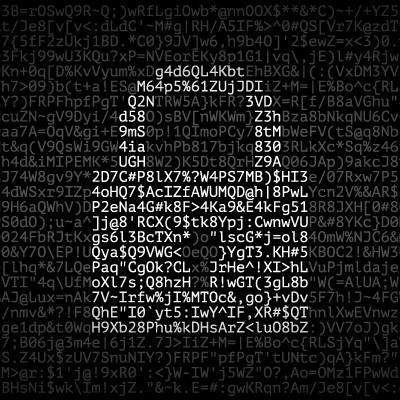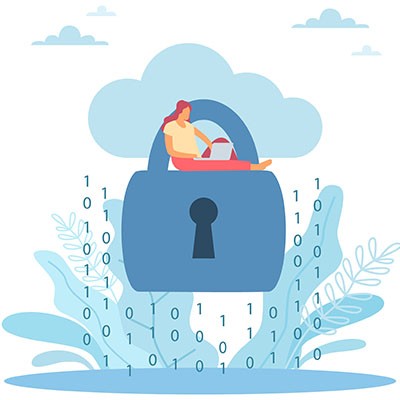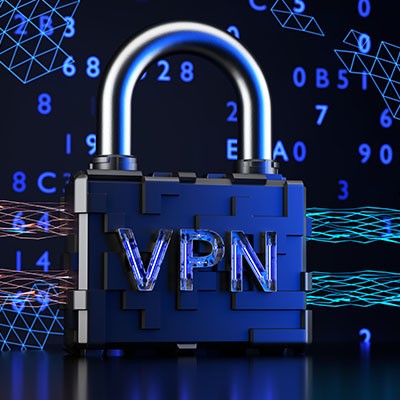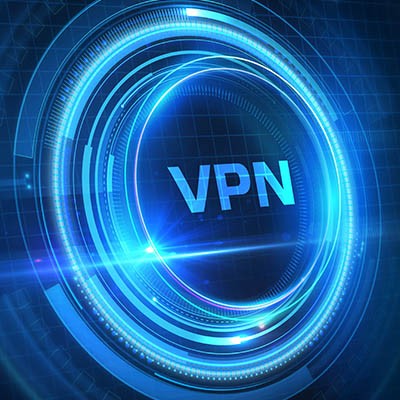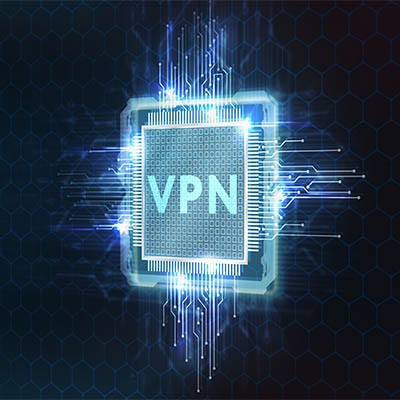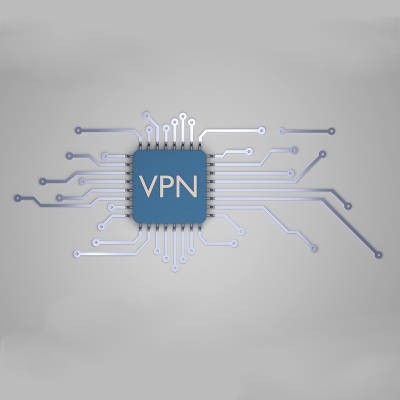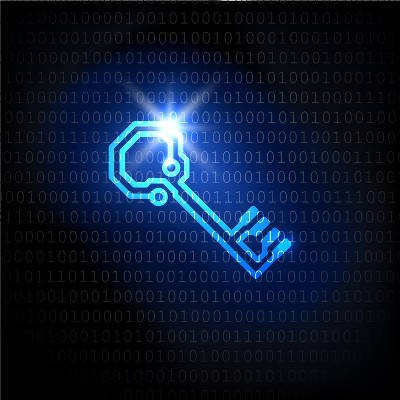Encryption is a vital tool for small businesses to protect their sensitive data from hackers. At its core, encryption converts readable data into an unreadable format using a specific algorithm and an encryption key. This means that even if a hacker gains access to the data, they cannot understand it without the corresponding decryption key. This layer of security is crucial for small businesses, which often handle sensitive customer information, financial records, and proprietary business data. By encrypting this data, businesses can ensure that it remains confidential and secure from unauthorized access.
About Business Solutions & Software Group
Business Solutions & Software Group has been serving the South Florida area since 1997, providing IT Support such as technical helpdesk support, computer support and consulting to small and medium-sized businesses. Our experience has allowed us to build and develop the infrastructure needed to keep our prices affordable and our clients up and running.
Recent News
Contact Us
10211 W Sample Road Suite 114
Coral Springs, Florida 33065
Mon to Fri 9:00am to 6:00pm

